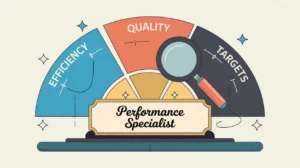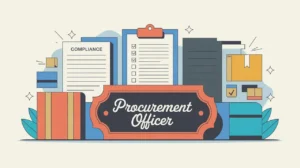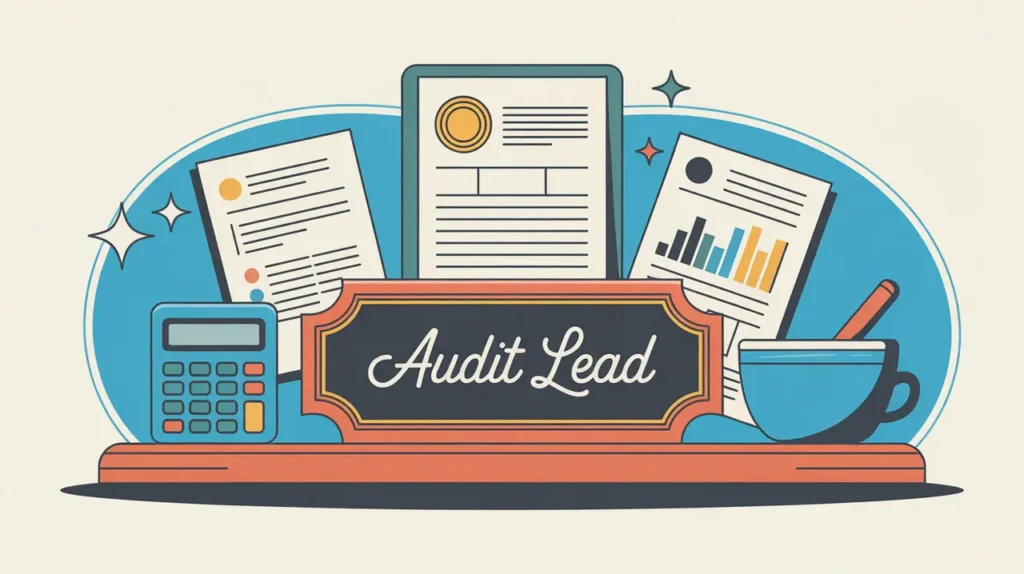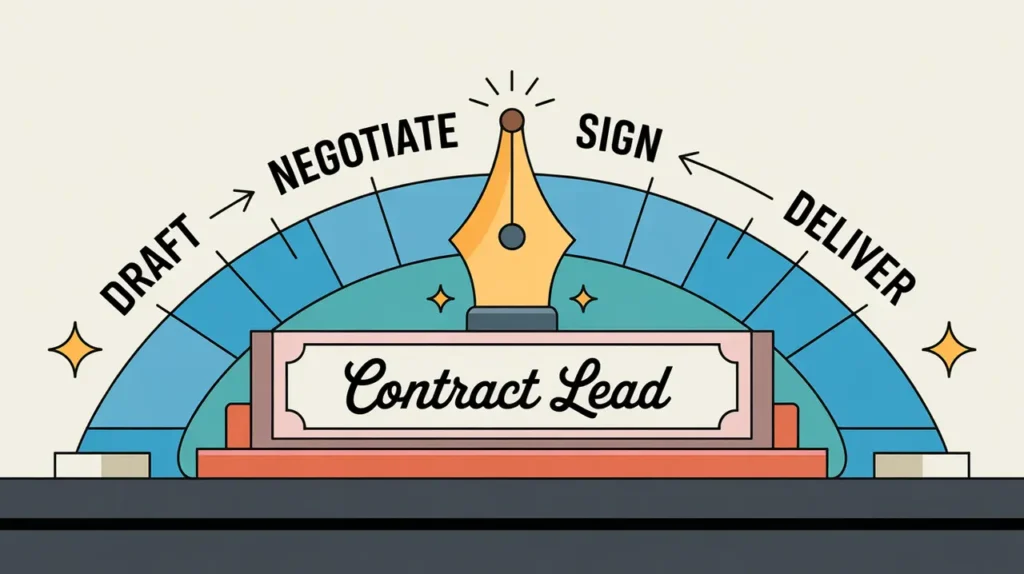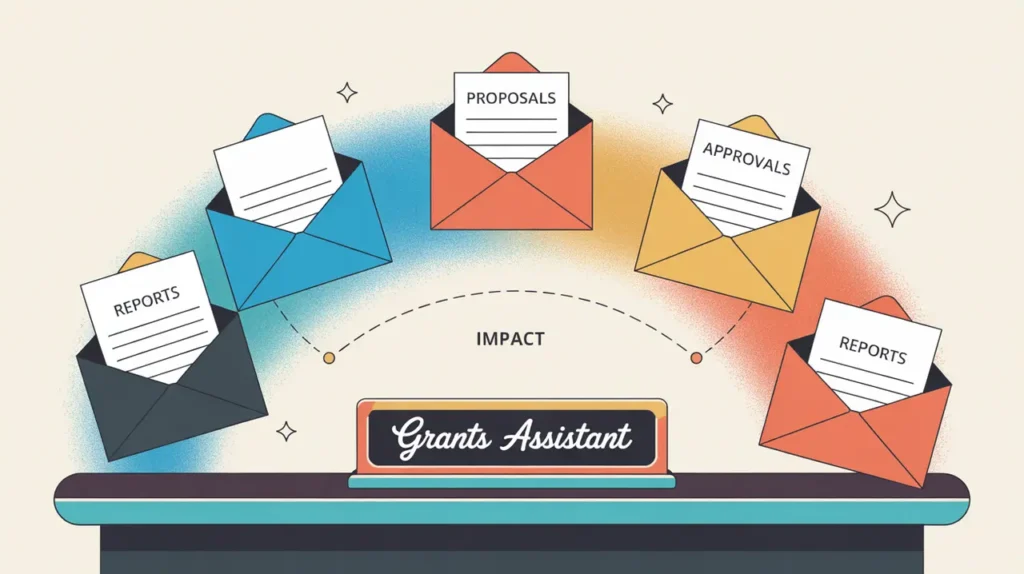What Does the Logistics Coordinator Role Involve?
A logistics coordinator manages and organizes the movement, storage, and distribution of goods, materials, and resources to ensure that operations run smoothly and efficiently. This includes overseeing shipments, maintaining inventory systems, coordinating with vendors and transport providers, and ensuring compliance with procurement and logistics procedures. The role typically sits within operations, supply chain, or program delivery functions. In nonprofits and social enterprises, logistics coordinators are essential for ensuring that resources are delivered on time and in the right condition to support programs, services, and organizational activities.
At What Level does this Role Operate?
Mid Level: This role typically reports to a logistics lead, operations manager, or supply chain director. It involves operational oversight, vendor coordination, and responsibility for ensuring logistical processes function efficiently.
Relative Employability: Logistics coordinator roles are consistently in demand across nonprofits, social enterprises, humanitarian organizations, and other entities with significant distribution or procurement activities. As organizations manage increasingly complex supply chains, logistics coordinators play a central role in ensuring operational reliability.
Relative Pay Scale: Logistics coordinator roles sit within mid-level pay bands, reflecting their operational responsibility, coordination functions, and the level of accountability they hold within logistics teams.
What are the Key Responsibilities and Activities?
- Coordinate shipments and deliveries, ensuring goods and materials reach their destinations on time and in good condition
- Manage logistics documentation, including purchase orders, shipping records, and customs paperwork where applicable
- Maintain and update inventory management systems to track stock levels and movements
- Liaise with vendors, transport providers, and internal teams to ensure clear communication and resolve logistical challenges
- Schedule and oversee transportation and distribution activities, optimizing routes and timelines
- Monitor compliance with procurement, transportation, and storage regulations and organizational policies
- Identify risks or delays in logistics processes and implement solutions to maintain smooth operations
- Contribute to reporting and data analysis to support operational planning and improvement
What Core Competencies and Qualifications are Needed?
Required Qualifications and Experience
The following reflect common qualifications and experience expected for this role, while recognizing that pathways may vary by context, organization, and region.
- Academic background in logistics, supply chain management, business administration, or related fields, or equivalent professional experience
- Several years of experience in logistics, procurement, or operations roles, including coordination responsibilities
- Strong understanding of supply chain processes, inventory management, and transportation logistics
- Proficiency with logistics software, inventory systems, and productivity tools
- Strong organizational, communication, and problem-solving skills
- Ability to work collaboratively with internal teams and external partners
Key Competencies
- Shipment coordination and transportation planning
- Inventory management and documentation oversight
- Vendor and stakeholder communication
- Regulatory and policy compliance
- Operational problem solving and risk mitigation
- Data analysis and reporting for logistics performance
How are AI and Automation Shaping this Role?
An AI-native logistics coordinator will look to AI and automation to optimize routing, track shipments in real time, and improve inventory visibility. They can use AI tools to predict potential delays, recommend route adjustments, and generate automated logistics reports. Automation can support data synchronization across procurement, inventory, and transportation systems, reducing manual errors and improving decision-making speed. By leveraging these tools, logistics coordinators can focus on problem solving, coordination, and strategic improvements to logistics operations.
What Career Pathways and Transferable Skills are Associated with this Role?
Logistics coordinator roles can lead to positions such as logistics lead, procurement manager, operations manager, or supply chain specialist. The skills developed in coordination, inventory management, vendor relations, and operational planning are highly transferable across nonprofits, social enterprises, humanitarian organizations, and private sector logistics operations. This role provides a strong platform for advancing into leadership positions in operations and supply chain management.


